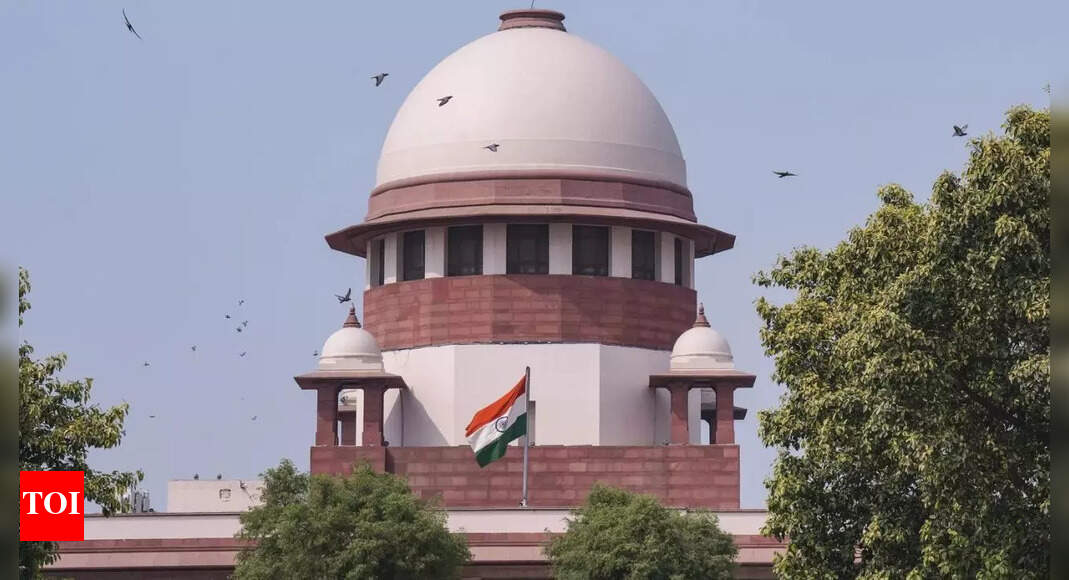
NEW DELHI: Supreme Court on Monday decided to examine a plea challenging the constitutional validity of Securities Transaction Tax (STT) imposed on stock market participants and sought a response from the Centre on a petition filed by a trader who alleged it violated the principle of double taxation. STT was introduced 2004 and is currently charged at 0.1% on both the buy and sell sides for stock trades.A bench of Justices J B Pardiwala and K V Viswanathan issued notice to the Centre and sought a response from the finance ministry on the allegation that STT is illegal and unconstitutional as it amounts to double taxation and also that a trader is forced to pay tax even in case of financial loss in a transaction. The court was hearing the petition filed by trader Aseem Juneja.Advocate Siddhartha K Garg, appearing for Juneja, told the bench that STT was punitive in nature and discouraged people from stock trading. He highlighted that there is no provision of such a tax in other major financial markets.“STT is the only tax in India which is imposed on the sheer act of carrying out a profession and has to be paid irrespective of whether there is a profit made or not, which makes it almost punitive or deterrent in nature. Every tax in India is on the profit at the year end but STT is applicable even if a stock market trader is operating at a loss…,” the petition said. Garg said traders pay tax in the form of short term capital gain tax for any profit under one year and long term capital gain tax on profit made on a trade held for more than an year. STT is over and above these, amounting to double taxation, added.








